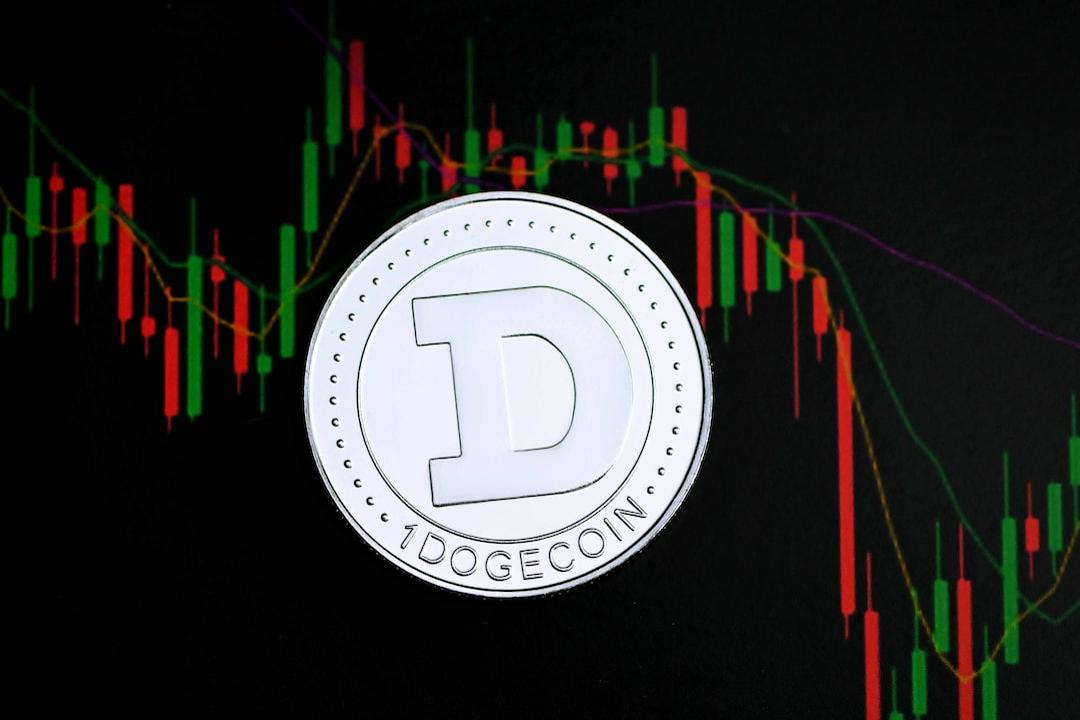The Bahamas is gearing up to enact legislation mandating that commercial banks support its “Sand Dollar” central bank digital currency (CBDC) in a bid to stimulate its adoption, as reported by Reuters on June 2nd. John Rolle, Governor of the Bahamas’ central bank, acknowledged that due to slower-than-expected acceptance of the CBDC, commercial banks are now obligated to facilitate the distribution of digital currency. Rolle indicated that enforcement of the CBDC regulations is expected within the next two years.
“We anticipate that all commercial banks will eventually integrate this initiative, obligating them to offer their clients access to the central bank digital currency,” added Rolle.
Despite its introduction in 2020, the Sand Dollar has seen tepid adoption in the country, accounting for less than 1% of the Bahamas’ currency. Furthermore, the volume of Sand Dollar wallet top-ups plummeted from $49.8 million to $12 million between January and August last year.
While mandating commercial banks to distribute the Sand Dollar necessitates significant technological upgrades for each institution, the Bahamas’ central bank asserts that enhancing CBDC adoption and mobile payments is pivotal.
The Bahamas isn’t alone in encountering lower-than-expected CBDC adoption rates. China, for instance, witnessed government employees expressing a preference for converting their digital “e-CNY” into traditional cash due to usability limitations and concerns over surveillance. Similarly, Nigeria, a trailblazer in CBDCs in Africa, has struggled to achieve widespread adoption despite multiple initiatives. By mid-2023, less than 1% of Nigerians with bank accounts had active eNaira wallets.
The Bahamas made history as the first country globally to introduce a CBDC, distributing its Sand Dollar digital currency to all 393,000 residents in October 2020.
(Source: Sand Dollar, The Central Bank of The Bahamas)
Magazine: Crypto reveals a sudden divide among Democrats months before elections

